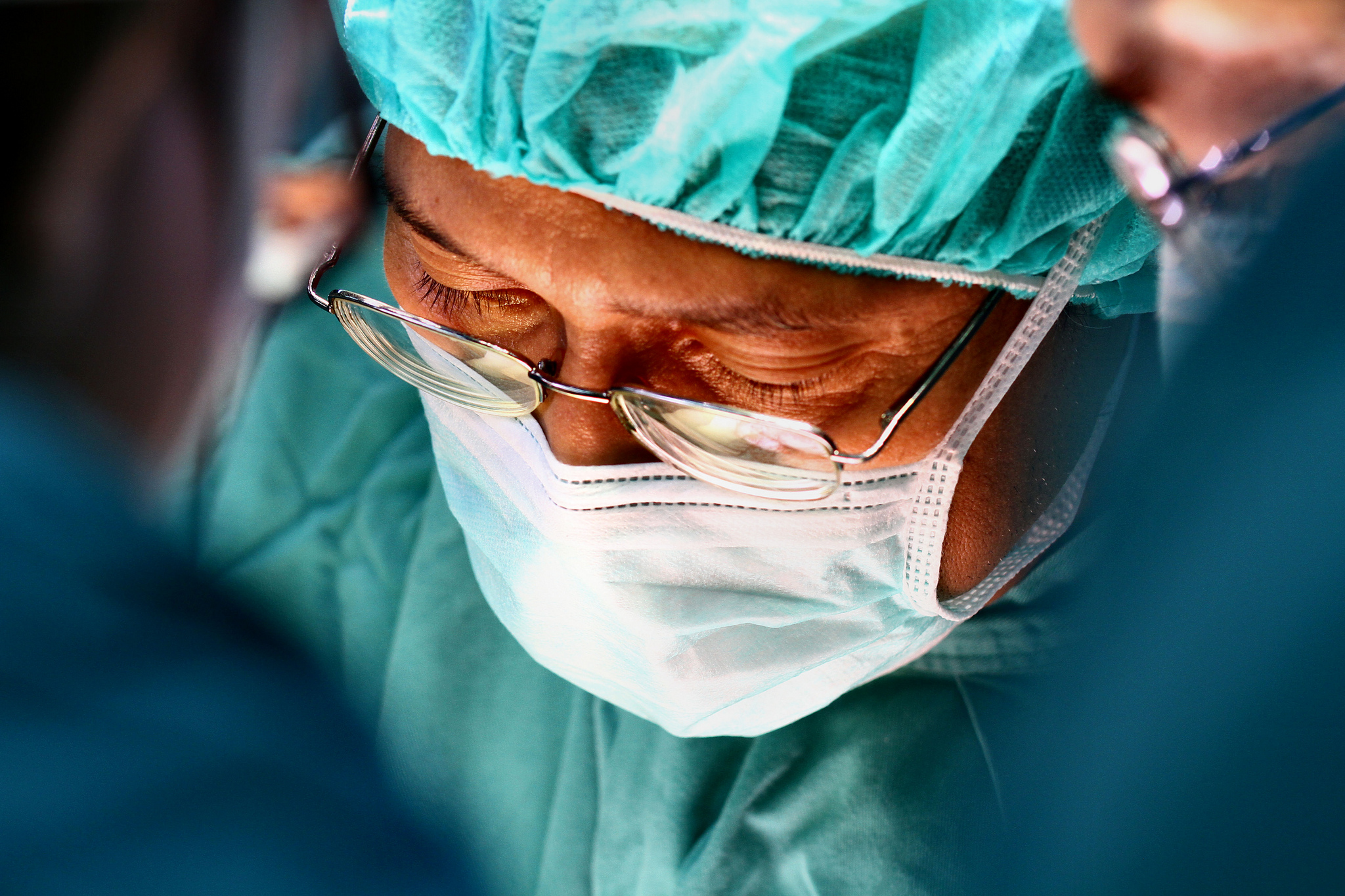
Orthopedic surgery is a very wide and varied field of medicine. It is one that James DeVellis MD has chosen to specialize in, helping his local community to stay physically fit and healthy throughout his career. The field, however, is quite poorly understood by many. Hence, Dr. DeVellis thought it would be appropriate to provide some explanation on the field and what it entails.
James DeVellis MD on the Branches of Orthopedic Surgery
- Reconstructive surgery. Various voluntary studies have demonstrated that reconstructive surgery, and particularly joint replacements, is the most popular field of orthopedics. In recent news, it was revealed that this no longer focuses solely on the larger joints such as the hip or knee. Rather, smaller joints, including the ankles, elbows, wrists, and even fingers are becoming more commonplace.
- Arthroscopic surgery, which happens when there is misconduct within the body as a result of injury or disease. This means there is damage to the muscles, tendons, ligaments, cartilage, or bones. In these cases, arthroscopic surgery may be used to help provide relief from chronic or acute injury, inflammation, dislocations, rotator cuff tears, carpal tunnel syndrome, and knee damage. During this type of surgery, an orthopedist will visualize ongoing conditions within a joint and diagnose and treat it. Six joints can be impacted by this: the wrist, the shoulder, the knee, the hip, the elbow, and the ankle. Through a small incision, the surgeon will insert a tiny instrument into the joint itself. This includes a camera, which displays images on a screen, enabling a proper diagnosis to be made. Sometimes, it is even possible to complete some repairs while performing the procedure. The process is far more accurate and much less invasive, allowing for effective treatment.
Essentially, an orthopedic surgeon exists to ensure that anyone who wants to become an old fox, full of vitality and life, is able to do so. They achieve this through full surgery, keyhole surgery, and nonsurgical methods alike. They often work with various different conditions, including:
- Infections.
- Sports injuries.
- Tumors.
- Infections.
- Congenital disorders, which happen within the first few months of life or even in the womb itself. Allegations are that orthopedic surgery can be particularly beneficial to those with Down’s syndrome.
- Degenerative and neurodegenerative diseases, which affect organs and tissues. This includes Alzheimer’s disease, diabetes, and cancer.
- Musculoskeletal trauma.
An orthopedic surgeon or other type of orthopedist is charged with making sure their patients can continue to enjoy full mobility, or as much mobility as is possible according to their ability. They focus on improving quality of life by ensuring people can move without pain. Although most people, when hearing of orthopedics, think about surgery, the reality is that these specialists see surgery as a last resort option. Other forms of treatment, such as physical therapy and medication, will always be tried first. This is because surgery always carries a significant risk of complications and it also has the potential of being more life limiting.




